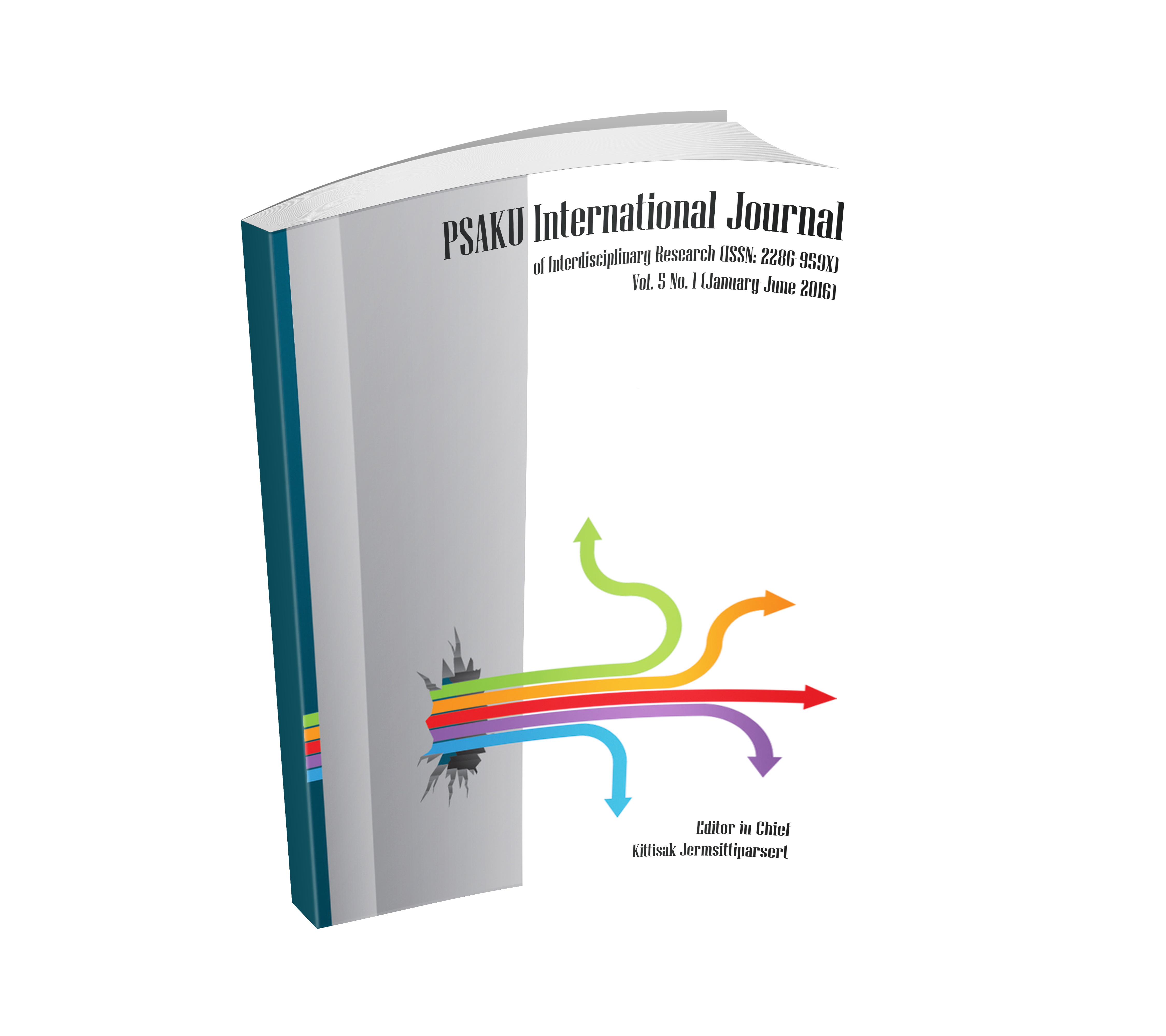Policy Determination Process on Organic Farming of the Local Administrative Organizations: Cases Study of Maetha Sub-District Administrative Organization, Mae On District and Luangnuae Municipality, Doi Saket District, Chiangmai Province, Thailand
Keywords:
Organic Policy, Organic, Local Government, Policy FormationAbstract
This study aimed to explore the policy determination process on organic farming of MaeTha Sub-district Administrative Organization (MTSAO) and LuangNuae Municipality (LNM). Data were obtained through documentary study and in-depth interview conducted with 30 key informants from local leaders staffs and from both organizations and representatives of organic farmers. Obtained data were analyzed by using content analysis. Result of the study revealed that the policy determination process on organic farming of LNM consisted of 7 steps as follows: 1) an assessment of needs from organic farmers and consumers; 2) a campaign for local election and policy declaration of LNM administrative leaders; 3) an explanation about the importance of the organic farming policy to public; 4) a holding civic meeting at all villages in the sub-district; 5) a determination of projects/activities for the community; 6) an approval from the LuangNuae civic meeting; and 7) a review of all organic projects/plans in the final draft of the LuangNuae 3 years development plan. Meanwhile, the MTSAO’s policy determination process had 6 steps as follow; 1) a need assessment and need priority of the organic farming group in the community; 2) a declaration of the policy to MaeTha organic farming strategic steering group and MTSAO; 3) a finding local consensus on the policy; 4) a presentation of consensus from each organic farming group to RDSI; 5) an approval from MTSAO's civic meeting; and 6) a preparation of the drafted three years development plan. The study had suggested that both local government should 1) Place high priority on each steps of the policy determination process 2) Employ a model of systematic policy determination on the organic agriculture policy determination process.
Downloads












.png)


